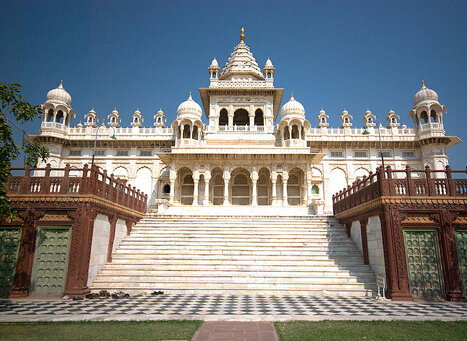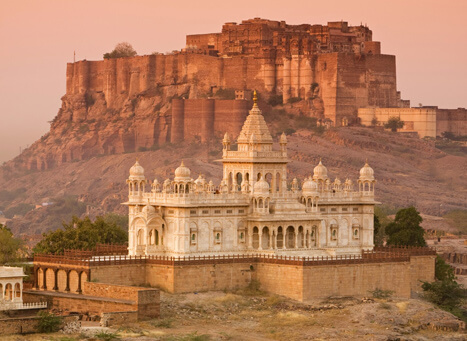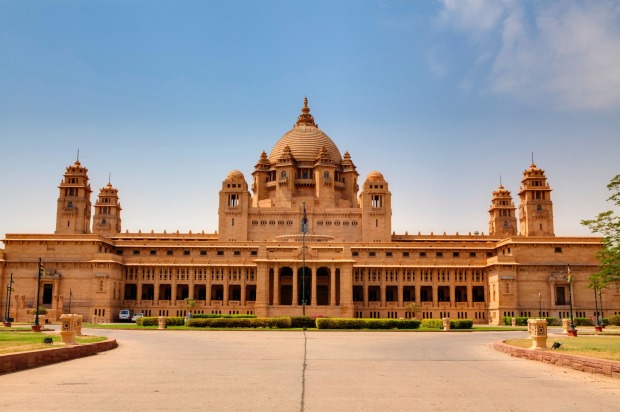Mandore is an ancient town, and was the seat of the Pratiharas of Mandavyapura, who ruled the region in the 6th century CE. Even after the disintegration of the Gurjara-Pratihara empire, a Pratihara family continued to rule at Mandore. This family formed an alliance with the Rathore chief Rao Chunda (r. c. 1383-1424) to defend its chiefdom against the Tughluq dynasty of the Delhi Sultanate. Rao Chunda married a Pratihara princess of Mandore, and received the Junagarh Fort in dowry; the Fort served as his family's capital until 1459 CE, when Rao Jodha shifted it to the newly-founded city of Jodhpur.
Rao Ranmal Rathore secured the throne of Mandore in 1427. In addition to ruling Mandore, Rao Ranmal also became the administrator of Mewar to assist Maharana Mokal (father of Rana Kumbha). After the assassination of Maharana Mokal in 1433, Ranmal continued as administrator of Mewar at the side of Rana Kumbha. In 1438, Rana Kumbha decided to end the power sharing arrangement and had Rao Ranmal assassinated in Chittor and captured Mandore. Rao Jodha, son of Rao Ranmal, escaped towards Marwar. Approximately 700 horsemen accompanied Rao Jodha as he escaped from Chittor. Fighting near Chittor and a valiant attempt to bar the pursuers at Someshwar Pass resulted in heavy losses amongst Jodha's warriors. When Jodha reached Mandore he had only seven people accompanying him. Jodha collected whatever forces he could, abandoned Mandore and pressed on towards Jangalu. Jodha barely managed to reach safety at Kahuni (a village near present day Bikaner). For 15 years Jodha tried in vain to recapture Mandore. Jodha's opportunity to strike finally came in 1453 with Rana Kumbha facing simultaneous attacks by the Sultans of Malwa and Gujarat. Jodha made a surprise attack on Mandore. Jodha's forces overwhelmed the defenders and captured Mandore with relative ease. Jodha and Kumbha eventually settled their differences in order to face their common enemies, the Muslim rulers of Malwa and Gujarat.
"Mantri Karam Chand Vanshavali Prabandh", written by Jaysom Uppadhyay, states that Bachhraj, also known as Vatsraj was not only a very religious person but a very brave and gallant warrior in Patan (Anilpura). He is a descendant of Raja Sagar, a Deora Chauhan of Delwara. During mid-15th century, on being invited, Bachharaj submitted his services to the Chief of Mandore (later Jodhpur) Rao Jodha, where he was appointed Dewan as he was an able administrator and a strategist. Rao Jodha, then, for the first time, allowed Bachchraj and other Oswals to take part in commanding armies. A holy man sensibly advised Rao Jodha to move the capital to hilltop safety. The construction of the fort thus begun by Rao Jodha in 1459, under the supervision of Dewan Bachhraj and thus Jodhpur was founded. The fort was completed by Maharaja Jaswant Singh (1637–1680). The new fort was named Mehrangarh Fort and situated on a 125 m high hill, is among the most impressive and formidable forts in Rajasthan.
















